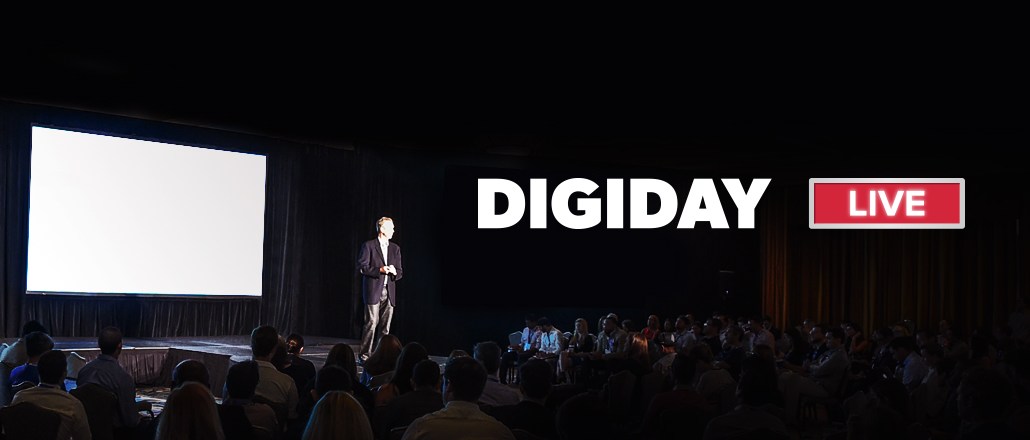Save 50% on a 3-month Digiday+ membership. Ends Dec 5.

Subscribe on iTunes or Stitcher.
Retailers would be wise to listen to their customers. At the Digiday Retail Summit in Nashville, we heard from a series of retail executives who have built new initiatives, built new stores, and launched new social media strategies and ad campaigns around their customers. It seems like an obvious move. But as customers’ lives have shifted to revolve around their laptops and phones, retailers have been slow to keep up.
Leaders at Lane Bryant, West Elm, Rent the Runway, Thinx and more shared how they are updating existing processes or forging new ground on stage at the retail summit. If you missed the conversations, or just want to relive them, we gathered the best sessions and posted them on iTunes and Stitcher through Digiday Live, an ongoing podcast series from Digiday that features conversations and presentations from the summits we host throughout the year, all downloadable for easy listening.
In Thinx founder Miki Agrawal’s talk, which is shared above, she discusses tackling taboos by creating a product that works with, not against, its target customer: women on their periods. Thinx’s core product is an absorbent, “period-proof” underwear that is reusable — a rare product on the market to give women an alternative to pads and tampons. Agrawal’s mindset is that if something makes people uncomfortable to talk about, it’s something worth digging into.
“Stuff that people don’t talk about, that makes them uncomfortable, that people are giggling about — it’s a huge market opportunity. Massive,” Agrawal said. “We take these categories, look at them head on, forget the taboo, and actually innovate,”
Want more highlights? Here’s a glimpse of our other retail summit episodes, below. Click the links to listen to the sessions.
- Bryan Beitler, CMO of Lane Bryant, joined the company two years ago, and immediately recognized one thing. The message that Lane Bryant was telling its customers did not match the conversation its customers were having on social media. So the brand shook off its demure attitude and launched a series of campaigns encouraging shoppers to embrace their shape.
- Rent the Runway, like many modern retail companies, got its start in e-commerce. After building its rental business for evening wear online, Rent the Runway decided it was time to set up shop in a physical store to better serve their customers.
- Mo Mullen has built West Elm Local from the ground up. The program, which began in beta at the company’s Brooklyn headquarters, works with artisans in each West Elm store community to include their products and pieces in its offerings. The idea is that, while West Elm may not be your neighborhood mom and pop, it can still support local artists and businesses.
For more Digiday Live, follow us on iTunes and Stitcher.
Ad position: web_incontent_pos1
More in Marketing

Ulta, Best Buy and Adidas dominate AI holiday shopping mentions
The brands that are seeing the biggest boost from this shift in consumer behavior are some of the biggest retailers.

U.K. retailer Boots leads brand efforts to invest in ad creative’s data layer
For media dollars to make an impact, brands need ad creative that actually hits. More CMOs are investing in pre- and post-flight measurement.
Ad position: web_bfu
